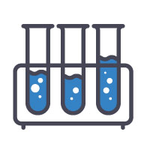
Pharmaceutical Quality Assurance Course Details - Fees, Subjects, Syllabus, Duration, Eligibility, Career Scope
Degrees offered: M.Pharma, Ph.D, P.G.D, M.Sc., Dual Degree
What is Pharmaceutical Quality Assurance
Pharmaceutical Quality Assurance - In the pharmaceutical industry, quality assurance is essential to ensure that the drug has been developed and distributed in a safe and consistent standard. This is necessary to ensure that nobody falls sick or no symptoms are exacerbated because of the ingestion of the medicine.
Pharmaceutical Quality Assurance (PQA) involves various aspects of drug products that could potentially risk its quality, such as the research, development, production, and sales stages. Pharmaceutical quality assurance is necessary for drugs to remain in compliance with the law. It is also necessary to maintain the standards and reputation of the companies they work for.
The purpose of any quality assurance programme in a clinic or hospital is to ensure that every medicine that reaches the patient is safe, secure, and consistent. A good quality assurance programme handles all the technical and managerial tasks from the conception of the medicine to the stage of patient’s use. This quality assurance is particularly important in the pharmaceutical sector because even the slightest of mistakes can lead to grave symptoms in the patient.
Eligibility Criteria (UG & PG) of Pharmaceutical Quality Assurance
Bachelor’s- Interested candidates:
- Must have passed 10+2 from a recognized university.
- Must have primary science subjects.
- Must secure a minimum of 50% aggregate (45% for SC/ST).
Master’s- Interested candidates:
- Must have a B.Pharm degree or other similar bachelor’s degrees.
- Must complete their graduation from a recognized university.
Entrance Exams of Pharmaceutical Quality Assurance
There is no common entrance test for all Pharmaceutical Quality Assurance students. All colleges have their entrance tests and procedures. Once all the relevant procedures and tests are completed, the college releases its merit list, and based on one’s performance in the entrance examinations, they get placed in suitable colleges.
Most of the entrance tests include questions about general aptitude and relevant questions about knowledge of the course subjects and field. Sometimes, a round of personal interviews also follows the entrance examination procedures.
Since the Pharmaceutical Quality Assurance specialization is available only in M.Pharm, these are a few entrance tests offered by some of the top universities:
GPAT: The Graduate Pharmacy Aptitude Test is a national level examination conducted by the All India Council for Technical Education (AICTE). The results of this test also determine scholarship selections.
PGECET: The Post Graduate Engineering Common Entrance Test is for admission into PG courses for engineering, architecture, and pharmacy (M.Pharm). It is conducted by Osmania University.
EAMCET: The Telangana State Engineering Agriculture and Medical Common Entrance Test is offered by the state of Telangana for admission into all engineering and medical colleges in Andhra Pradesh and Telangana.
College Predictors VIEW ALL
Scope of Pharmaceutical Quality Assurance in India and Abroad
Pharmaceutical Quality Assurance has a wide scope, within and outside the country. All drugs, medicines, and chemicals require quality assurance before they are approved for release in the market. Pharmaceutical Quality Assurers are hence, in large demand for the same.
Medicines are made all over the world in different forms, and each of these medicines requires quality approval. Thus, several job opportunities are created in different areas of the world under this course.
Even though the course sounds very niche, there are many job profiles available which makes it a good choice for further studies. Jobs are offered by the public and private sectors. With adequate skills and knowledge in the field, one can land a good and well-paid job in this realm.
Course Fees Pharmaceutical Quality Assurance
| Minimum Fees | Maximum Fees | |||
|---|---|---|---|---|
| Private | Government | Private | Government | |
| UG | ||||
| PG | ||||
| DOCTORAL | ||||
Course Subjects
The course subjects will differ based on the curriculum of the respective colleges but mainly consists of:
- Advanced Analytical Techniques
- Research Methodology
- Biostatistics
- Pharmaceutical Process Validation
- Pharmaceuticals Stability Studies
- Regulatory Affairs and IPR
- Quality and its Concepts
- Method Development and Validation
- Quality Assurance Approach
- Quality Assurance Improvement
- Analytical Techniques Lab
- Quality Assurance Lab
- Product Development
- Packaging
- Computing and Statistics, etc.
Careers in Pharmaceutical Quality Assurance
Other than these careers, there are many more options in the field of pathology. Some of these options include:
- Lecturer
- Consultant
- Researcher
- Biomedical Scientist
- Pharmacologist
- Lab Technician
- Quality Manager
Upcoming trends
All regulated companies are constantly changing and adapting to new trends and developments in technology, not leaving pharmaceutical companies behind. As the industry grows and moves forward, so does the pharmaceutical quality assurance services.
Some of the main trends coming up revolve around machine learning, artificial intelligence, and robotics. These trends will make the job of a quality assurer much more efficient and quicker. Especially after the pandemic, there will be an increased need for these assurers for the quick distribution of vaccines and medicines. There is great scope for development in this course as the medical field must keep adapting to new diseases and changes in society.
Job Profiles and Top Recruiters
Job Profiles for Pharmaceutical Quality Assurance Graduates
Pharmaceutical Quality Assurance offers many job profiles even though it is a niche subject. Both public and private firms offer jobs to these students. Some of the important profiles include:
Job Profile | Job Description |
Quality Assurance Specialist | Their job is to conduct efficient quality assurance procedures and audits. They must also ensure that all standards and qualities are maintained and laws and regulations are followed. They should offer advice to firms during crisis periods. |
Quality Assurance Tester | They must use different skills and methods to analyze all the aspects of a software solution, in terms of functional and technical aspects. This is to ensure that the solution meets all the requirements and ideas that are needed. |
Quality Assurance Analyst | They test samples of materials to ensure that they are safe and secure. They measure and analyze materials and medicines and ensure their quality. |
Analytical Chemist | They use different methods and try to understand the nature of different chemicals and materials. They study chemicals and try to understand how it adapts and reacts when placed in different conditions or with other chemicals. |
Quality Control Executive | They must test the product and analyze it based on its intended use. They should also ensure that the product works as per the manufacturer’s specifications. |
Top Recruiters in Pharmaceutical Quality Assurance field
There are many recruiters for pharmaceutical quality assurers. Among these recruiters, a few important ones are:
- Pharmaceutical firms
- Hospitals
- Laboratories
- Pharmaceutical colleges and universities
- Drug and Pharmaceutical Boards
- Medical Shop chains
- Consumer Brands
- Research Organizations
- Consultancies
Average Salary
The average salaries of Pharmaceutical Quality Assurance students vary with their level of expertise and knowledge of the field. Some of the expected average salaries lie around:
Job Profile | Average Salary |
Quality Assurance Specialist | Rs. 5-7 Lakhs p.a. (Approx.) |
Quality Assurance Tester | Rs. 3-5 Lakhs p.a. (Approx.) |
Quality Assurance Analyst | Rs. 3-6 Lakhs p.a. (Approx.) |
Analytical Chemist | Rs. 2-4 Lakhs p.a. (Approx.) |
Quality Control Executive | Rs. 9-11 Lakhs p.a. (Approx.) |
Required Skillset for Pharmaceutical Quality Assurance
A quality assurance manager requires some specific skills to excel at their work. Apart from excellent technical knowledge and expertise in the field, these are a few extra skills a Pharmaceutical Quality Assurance student must have:
Good Numerical Understanding: A Pharmaceutical Quality Assurance student must have a very strong numerical sense and statistical understanding. This skill is essential to assess the safety and consistency of any drug or vaccine, thus making it an important attribute.
Leadership Skills: A Pharmaceutical Quality Assurance student needs to have good leadership skills to be able to qualify for managerial positions and lead their teams well. This skill will take them a long way in this profession.
Communication Skills: Effective communication is extremely important for Pharmaceutical Quality Assurance. This forms the basis of leadership skills and helps maintain good relations within the team as well as with the companies they serve.
Problem-Solving Skills: Problem-solving skills are a must for Pharmaceutical Quality Assurance students. They must be able to identify any problems and safety issues with the medicines and know-how to rectify those issues. They should offer advice to the drug-producing firms on making their processes more efficient.
Course Curriculum for Pharmaceutical Quality Assurance
The course covers the basics of quality assurance processes and methods. Within the curriculum, a few of the subjects given emphasis include analytical techniques, product development, quality management, and validation among other topics.
The curriculum itself will differ across institutes but the main aim remains to provide expertise over the knowledge and skills required for being an efficient pharmaceutical quality assurer.
Popular Pharmaceutical Quality Assurance Entrance Exams in India
Frequently Asked Questions (FAQs)
Question: What comes before, quality control or quality assurance?
Answer :
Quality assurance is a proactive process, it begins before work on the medicines and deliverables has started. Quality control, however, is more reactive and the work begins after the drugs are provided. Quality control is the process of assessing drugs and finding any defects which are then corrected. This makes it a reactive process.
Question: What are the best-paying professions in PQA?
Answer :
There are several well-paying jobs in the Pharmaceutical Quality Assurance field such as oral quality assurance manager, quality control expert, quality assurance consultant, quality assurance specialist, researchers, professors, etc. The salaries of these profiles vary based on experience and knowledge in the field.
Question: Which are the most popular colleges for studying PQA abroad?
Answer :
Some of the most popular college choices abroad include Technological University Dublin (Ireland), Griffith College (Ireland), University of Oxford (UK), Monash University (Australia), University of Toronto (Canada), Yale University (USA), and Karolinska University (Sweden), among others.
Question: Which colleges are the most popular for studying PQA in India?
Answer :
Some of the best colleges for Pharmaceutical Quality Assurance in India include Anand Pharmacy College (Anand), Babaria Institute of Pharmacy (Vadodara), Rajiv Gandhi Technical University (Bhopal), Bharti Vidyapeeth Deemed University (Pune), and Oriental University (Indore) among others.
Question: What is the knowledge and skills one can gain through the course?
Answer :
The course provides knowledge about quality control and management as well as computing and statistical skills. This course helps gain a stronghold of science subjects and the field of pharmaceuticals. Leadership, communication, and teamwork skills are also developed throughout this course.

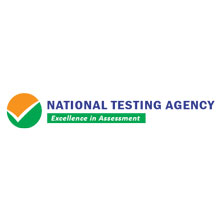


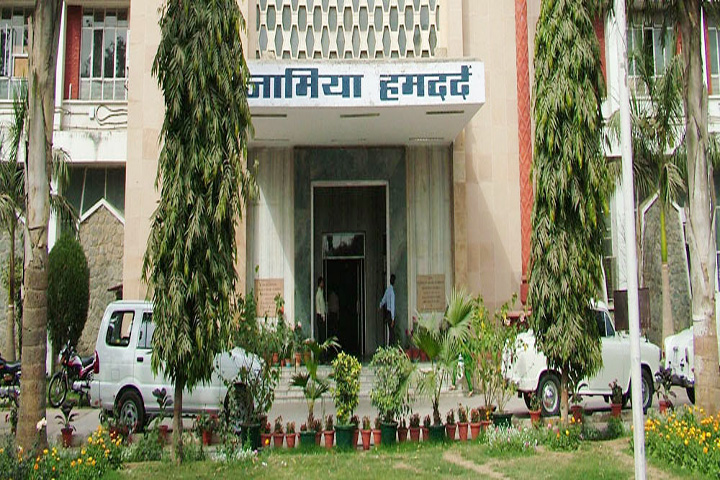
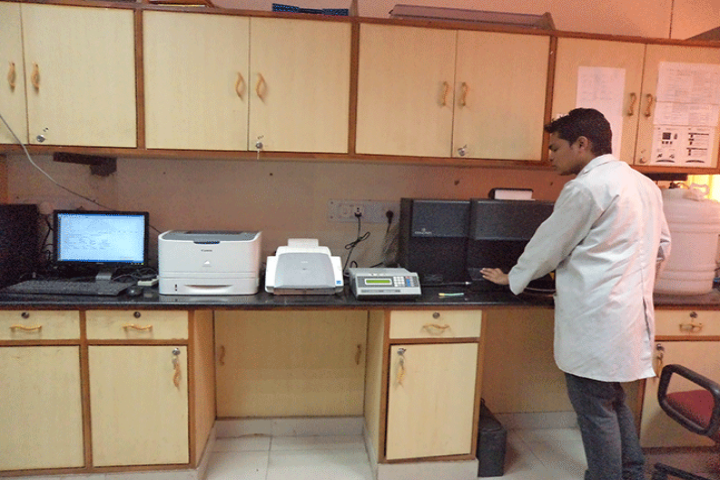

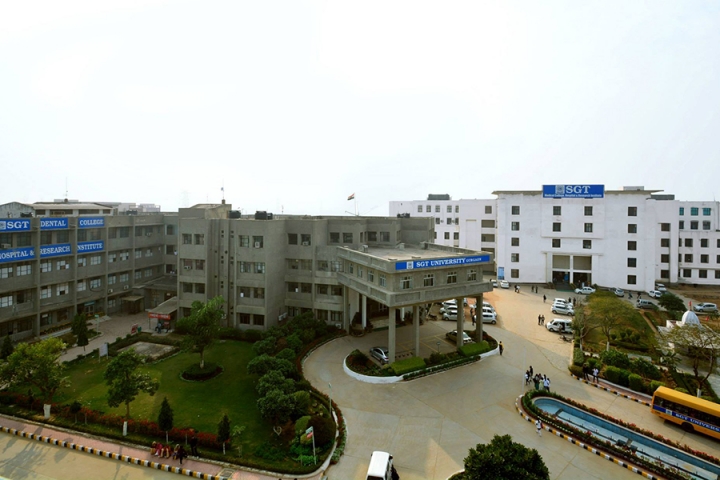
.jpg)
.jpg)
